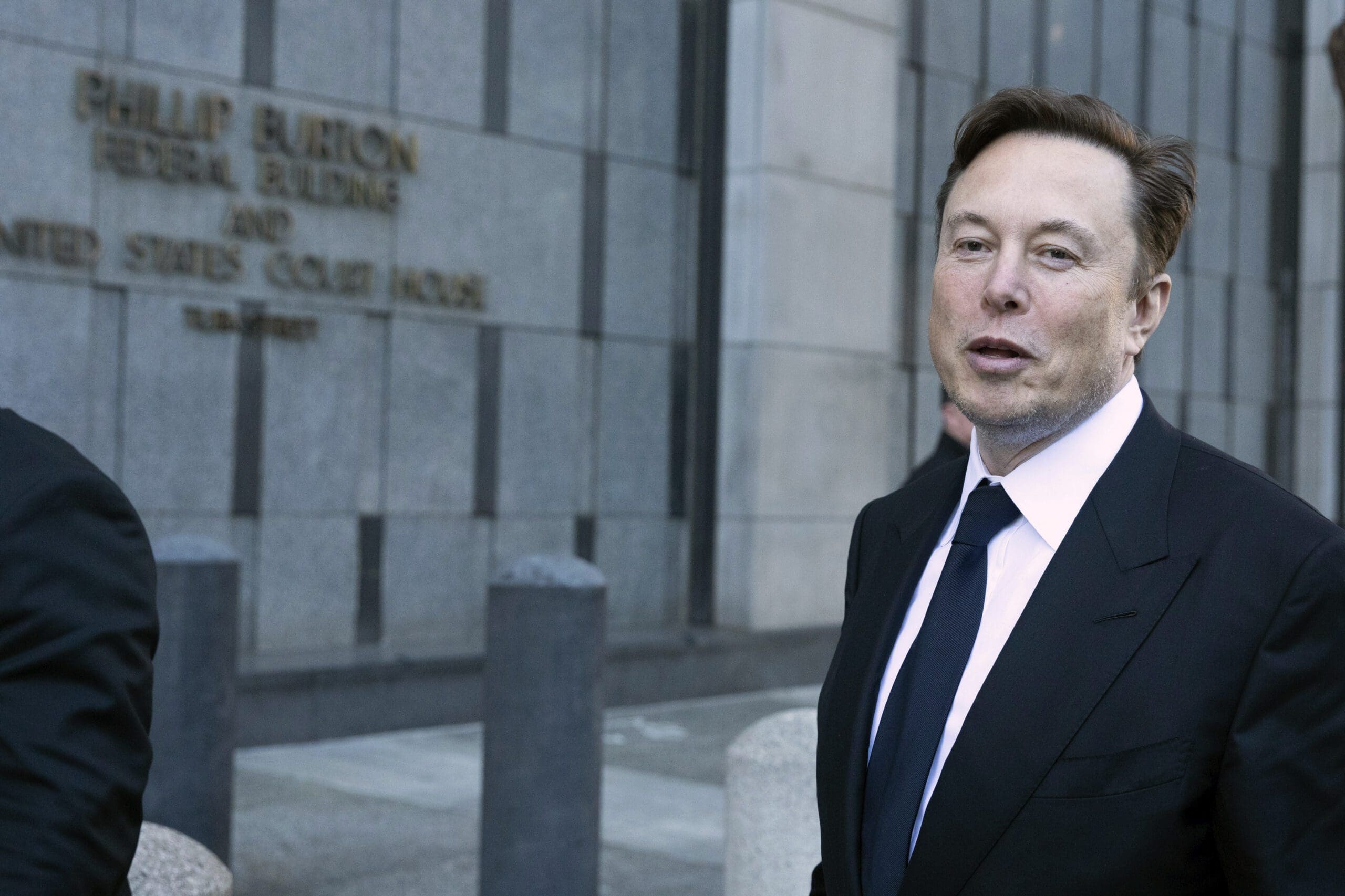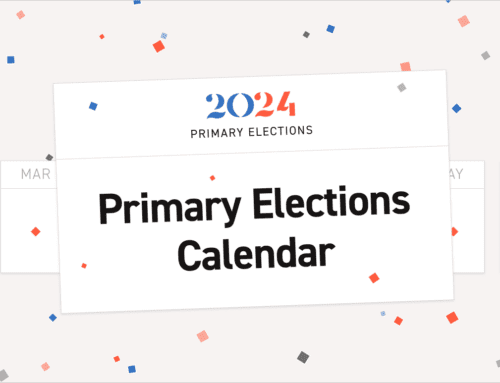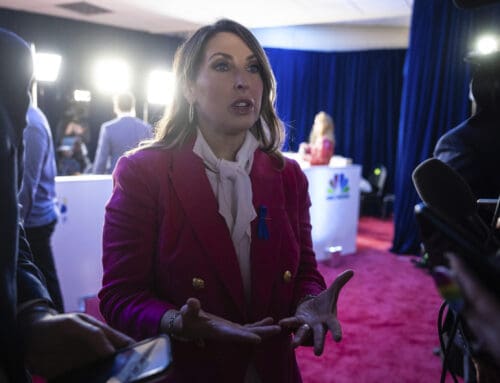

Elon Musk goes to war with researchers
Press play to listen to this article
Voiced by artificial intelligence.
When Elon Musk bought Twitter, he promised an era of openness for the social media platform. Yet that transparency will soon come at a price.
On Thursday, the social-networking giant will shut down free and unfettered access to reams of data on the company’s millions of users. As part of that overhaul, researchers worldwide who track misinformation and hate speech will also have their access shut down — unless they stump up the cash to keep the data tap on.
The move is part of Musk’s efforts to make Twitter profitable amid declining advertising revenue, sluggish user growth and cut-throat competition from the likes of TikTok and Instagram.
But the shift has riled academics, infuriated lawmakers and potentially put Twitter at odds with new content-moderation rules in the European Union that require such data access to independent researchers.
You may like
“Shutting down or requiring paid access to the researcher API will be devastating,” said Rebekah Tromble, director of the Institute for Data, Democracy and Politics at George Washington University, who has spent years relying on Twitter’s API to track potentially harmful material online.
„There are inequities in resources for researchers around the world. Scholars at Ivy League institutions in the United States could probably afford to pay,“ she added. „But there are scholars all around the world who simply will not have the resources to pay anything for access to this.“
The change would cut free access to Twitter’s so-called application program interface (API), which allowed outsiders to track what happened on the platform on a large scale. The API essentially gave outsiders direct access to the company’s data streams and was kept open to allow researchers to monitor users, including to spot harmful, fake or misleading content.
A team at New York University, for instance, published a report last month on how far wide-reaching Russia’s interference in the 2016 U.S. presidential election had been by directly tapping into Twitter’s API system. Without that access, the level of Kremlin meddling would have been lost to history, according to Joshua Tucker, co-director at New York University’s Center for Social Media and Politics.
Twitter did not respond to repeated requests to comment on whether this week’s change would affect academics and other independent researchers. The move still may not happen at all, depending on how Twitter tweaks its policies. The company’s development team said via a post on the social network last week it was committed to allowing others to access the platform via some form of API.
„We’ll be back with more details on what you can expect next week,“ they said.
Yet the lack of details about who will be affected — and how much the data access will cost from February 9 — has left academics and other researchers scrambling for any details. Meanwhile, many of Twitter’s employees working on trust and safety issues have either been fired or have left the company since Musk bought Twitter for $44 billion in late October.
In Europe’s crosshairs
The timing of the change comes as the European Commission on Thursday will publish its first reports from social media companies, including Twitter, about how they are complying with the EU’s so-called code of practice on disinformation, a voluntary agreement between EU legislators and Big Tech firms in which these companies agree to uphold a set of principles to clamp down on such material. The code of practice includes pledges to „empower researchers“ by improving their ability to access companies‘ data to track online content.
Thierry Breton, Europe’s internal market commissioner, talked to Musk last week to remind him about his obligations regarding the bloc’s content rules, though neither discussed the upcoming shutdown of free data access to the social network.
“We cannot rely only on the assessment of the platforms themselves. If the access to researchers is getting worse, most likely that would go against the spirit of that commitment,” Věra Jourová, the European Commission’s vice president for values and transparency, told POLITICO.
“It’s worrying to see a reversal of the trend on Twitter,” she added in reference to the likely cutback in outsiders’ access to the company’s data.
While the bloc’s disinformation standards are not mandatory, separate content rules from Brussels, known as the Digital Services Act, also directly require social media companies to provide data access to so-called vetted researchers. By complying with the code of practice on disinformation, tech giants can ease some of their compliance obligations under those separate content-moderation rules and avoid fines of up to 6 percent of their revenues if they fall afoul of the standards.
Yet even Twitter’s inclusion in the voluntary standards on disinformation is on shaky ground.
The company submitted its initial report that will be published Wednesday and Musk said he was committed to complying with the rules. But Camino Rojo — who served as head of public policy for Spain and was the main person at Twitter involved in the daily work on the code since November’s mass layoffs — is no longer working at the tech giant as of last week, according to two people with direct knowledge of the matter, who spoke on the condition of anonymity to discuss internal discussions within Twitter. Rojo did not respond to a request for comment.
American lawmakers are also trying to pass legislation that would improve researcher access to social media companies following a series of scandals. The companies‘ role in fostering the January 6 Capitol Hill riots has triggered calls for tougher scrutiny, as did the so-called Facebook Files revelations from whistleblower Frances Haugen, which highlighted how difficult it remains for outsiders to understand what is happening on these platforms.
“Twitter should be making it easier to study what’s happening on its platform, not harder,“ U.S. Representative Lori Trahan, a Massachusetts Democrat, said in a statement in reference to the upcoming change to data access. „This is the latest in a series of bad moves from Twitter under Elon Musk’s leadership.“
Rebecca Kern contributed reporting from Washington.
This article has been updated to reflect a change in when the European Commission is expected to publish reports under the code of practice on disinformation.









